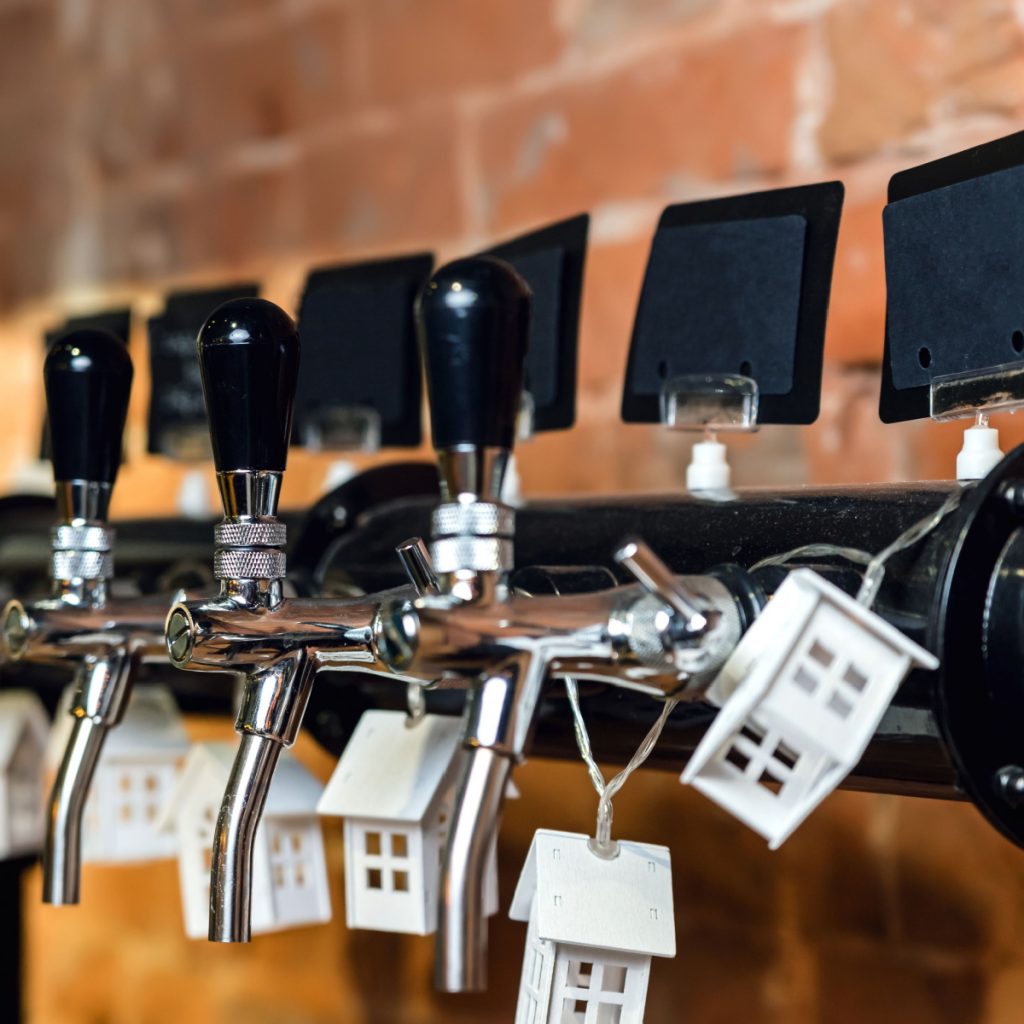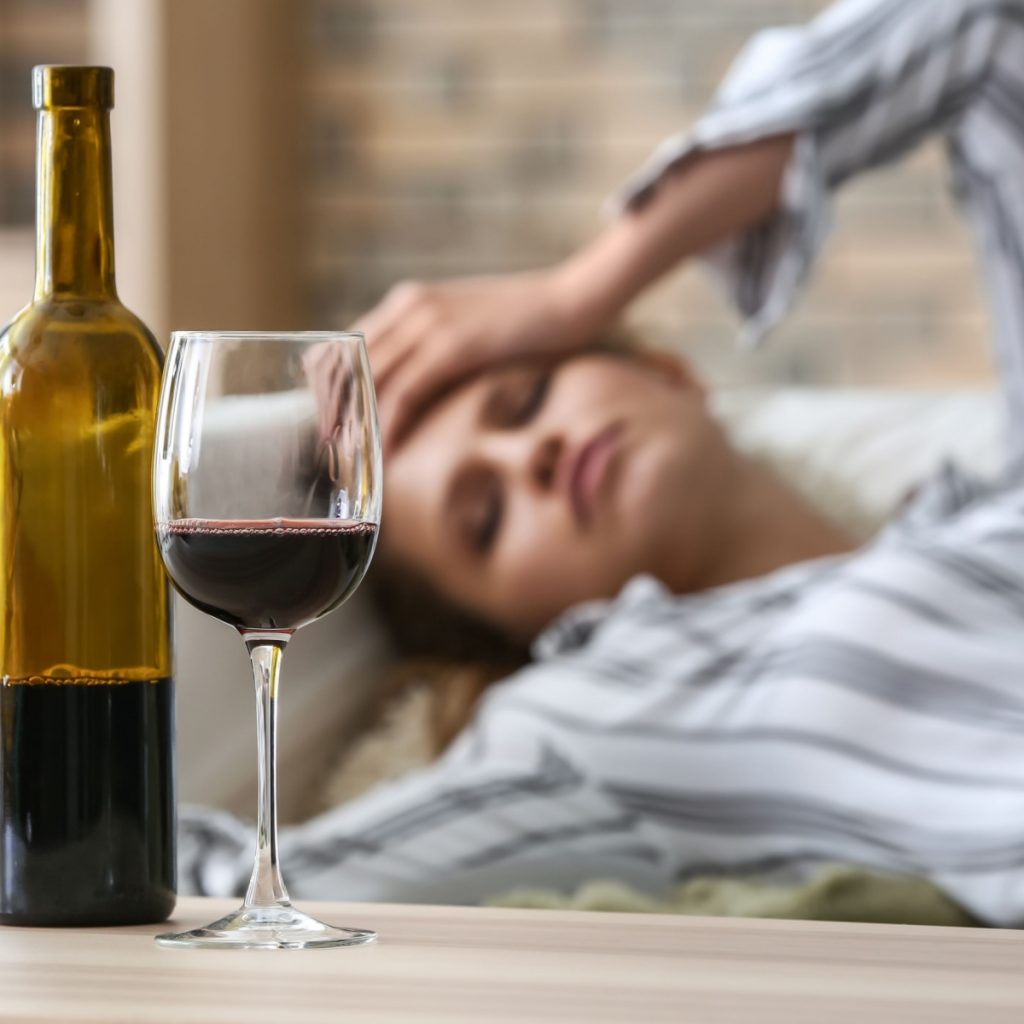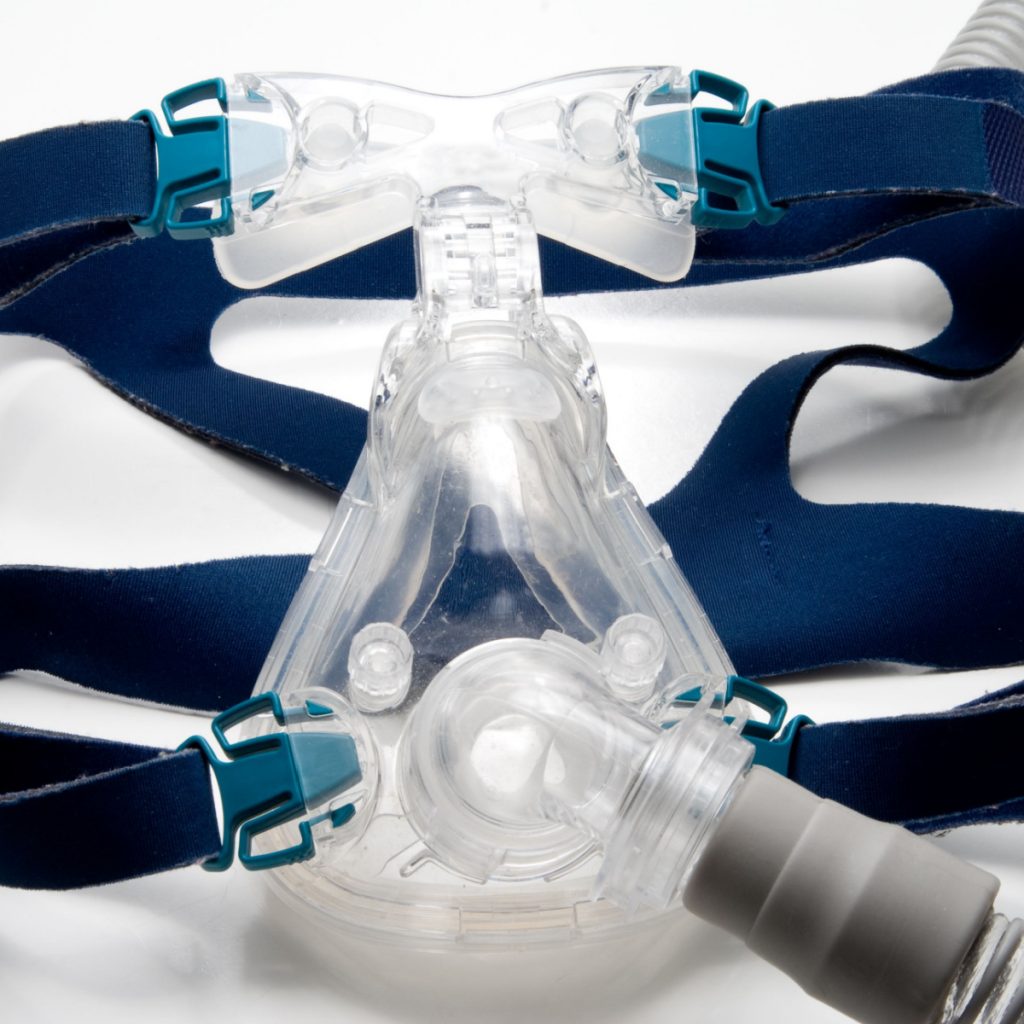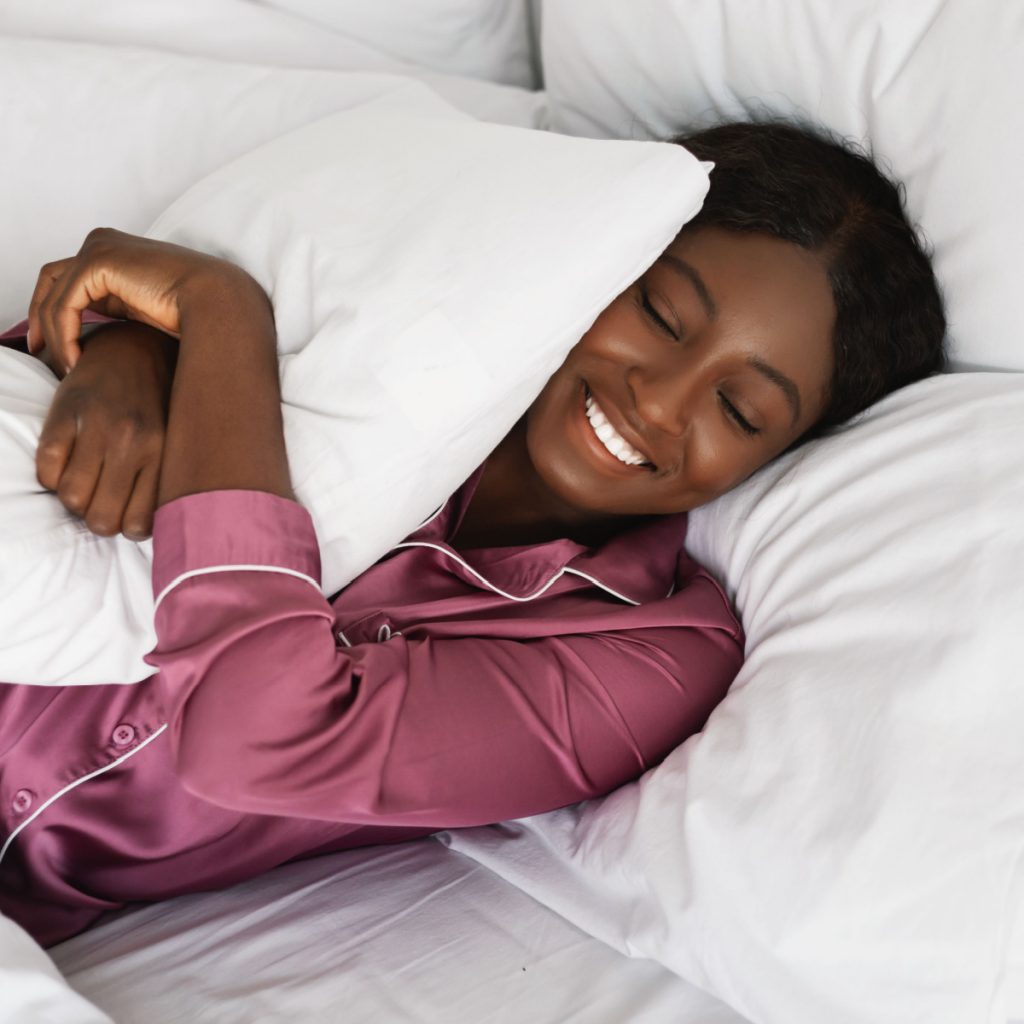Why You Should Skip The Nightcap: Alcohol & Sleep Apnea
Sleep apnea is a common sleep disorder affecting millions of Americans. It occurs when a person’s breathing is repeatedly interrupted during sleep, leading to a lack of oxygen in the body. While there are several causes of apneic episodes, including obesity, genetics, and aging, the link between alcohol consumption and sleep apnea is often overlooked.
Renowned Sacramento sleep dentist, Dr. Grivas at Sac Sleep and Breathing in Sacramento, CA, has extensive experience in treating patients with sleep-disordered breathing issues. Dr. Grivas explains how alcohol can worsen apneic episodes and even trigger the condition in some cases. In this helpful guide, he also explains how to control your symptoms through treatment and lifestyle changes.


How Does Alcohol Affect Sleep Apnea?
Alcohol is a sedative that can relax the muscles in the body, including the ones in the throat. When the muscles in the throat relax, the airway narrows, making it harder to breathe. In people with sleep apnea, this narrowing can cause the airway to collapse completely, leading to a brief pause in breathing called apnea.
Alcohol can also disrupt the sleep cycle by reducing the amount of deep and REM sleep. Deep sleep is the restorative stage of the sleep cycle that helps the body repair and regenerate. REM sleep, on the other hand, is the stage where most dreaming occurs and is important for memory consolidation and learning. When alcohol interferes with these stages of sleep, it can worsen apneic symptoms and leave you feeling tired and groggy the next day.
Can Alcohol Trigger Sleep Apnea?
While alcohol can worsen the symptoms of sleep apnea, it can also trigger the condition in some cases. Alcohol consumption can cause inflammation in the upper airway, leading to a narrowing of the airway and increased resistance to breathing. This inflammation can also lead to the buildup of scar tissue, further narrowing the airway and making it harder to breathe.
Alcohol can also cause the muscles in the throat to become floppy, increasing the risk of snoring and apneic symptoms. In addition, alcohol can interfere with the brain’s control of breathing, leading to apneic episodes.
How Much Alcohol is Too Much?
The amount of alcohol that can trigger or worsen sleep apnea varies from person to person. However, as a general rule, consuming more than two drinks a day for men or one drink a day for women can increase the risk of sleep apnea. A drink is defined as 12 ounces of beer, 5 ounces of wine, or 1.5 ounces of hard liquor.
If you have sleep apnea, it’s best to avoid alcohol altogether. If you do choose to drink, we recommend doing so in moderation and avoiding drinking close to bedtime.

How Alcohol Interferes With Sleep Apnea Treatment
While there are several effective treatments for sleep apnea, alcohol consumption can hinder their success. Here’s how:
- Alcohol Relaxes the Muscles: It can cause the muscles in the throat and airway to relax excessively, making it harder for the airway to stay open during sleep, leading to more frequent breathing interruptions and worsened symptoms.
- Alcohol Disrupts Sleep Patterns: It can disrupt the natural sleep cycle and reduce sleep quality, even in people without apneic symptoms. In people with sleep-disordered breathing issues, alcohol can worsen sleep fragmentation and decrease the effectiveness of treatments like CPAP therapy.
- Alcohol Increases Inflammation: It can worsen the inflammation and swelling that contribute to apneic episodes, making it harder for treatments like CPAP therapy or oral appliances to work effectively.
To ensure the success of treatment for your apneic symptoms, minimize or eliminate alcohol consumption, especially before bedtime. Seek professional help if you or a loved one are struggling with alcohol addiction or dependence to improve sleep apnea symptoms.


Sleep Apnea & Alcohol: How To Manage
If you suffer from apneic episodes, it’s important to be mindful of how alcohol affects your condition. Dr. Grivas recommends reducing or avoiding alcohol intake to improve your quality of sleep and reduce the risk of worsening symptoms. To help manage your apneic episodes and alcohol consumption, consider the following tips:
- Avoid drinking alcohol within three hours of bedtime
- Limit your alcohol intake to moderate levels or avoid it completely
- Try alternative beverages, such as water or herbal tea
- Remember that alcohol can exacerbate apneic symptoms, including snoring and disrupted breathing
- Consult with your doctor if you have concerns about alcohol consumption and apneic symptoms
By incorporating these tips into your daily routine, you can effectively manage your sleep apnea and minimize its impact on your health and well-being.
Frequently Asked Questions
Does quitting alcohol improve sleep apnea symptoms?
Reducing or quitting alcohol consumption may lead to an improvement in apneic symptoms for some individuals. This is particularly true when alcohol consumption is identified as a contributing factor to the development of sleep-disordered breathing. By limiting alcohol intake or eliminating it altogether, individuals may experience better quality sleep and reduced occurrences of breathing pauses during sleep, which are common symptoms of sleep apnea.
Can sleep apnea treatment help if you continue to consume alcohol?
Sleep apnea can be effectively managed with appropriate treatment, but it’s important to also address any lifestyle factors that can exacerbate symptoms. Alcohol consumption is one such factor that can worsen sleep apnea by relaxing the throat muscles, which can cause breathing difficulties during sleep. By reducing or eliminating alcohol consumption, individuals with sleep apnea may be able to improve their symptoms and overall quality of life.
Can sleep apnea make alcohol withdrawal symptoms worse?
Sleep apnea can exacerbate alcohol withdrawal symptoms due to the added strain on the body and the negative impact on breathing. Seeking guidance from a healthcare professional is crucial when managing alcohol withdrawal symptoms, especially if you have underlying sleep apnea. A healthcare professional can provide personalized advice on managing both conditions and help you develop a safe and effective plan for recovery.
Are there any alternative beverages that can help improve sleep quality for people with sleep apnea?
For individuals with sleep-disordered breathing issues, consuming herbal teas, warm milk, or decaffeinated beverages before bedtime may offer a natural alternative to alcohol and promote relaxation without the negative effects.
These beverages can help improve sleep quality by providing a soothing and calming effect, which may reduce the occurrence of breathing difficulties during sleep. By incorporating these drinks into a bedtime routine, individuals with sleep apnea may be able to improve their sleep quality and overall health.
Take Control of Sleep Apnea & Alcohol Issues with Dr. Grivas
Sleep apnea is a serious sleep disorder that can have significant health consequences if left untreated. While a range of factors can contribute to apneic episodes, consumption of alcoholic beverages is often overlooked as a potential trigger or exacerbating factor. By understanding the link between sleep apnea and consuming alcoholic beverages and making lifestyle changes to manage your condition, you can improve your sleep quality and overall health.
If you’re in the Sacramento, CA area, Dr. Grivas and the team at Sac Sleep and Breathing can help you develop a personalized treatment plan for your sleep apnea. Contact our office by dialing (916) 735-4060 or fill out our helpful contact form below to schedule your consultation with our sleep specialist and get your symptoms under control. We also treat patients who reside in Sierra Oaks, Woodside Condo, and Campus Commons, CA.
